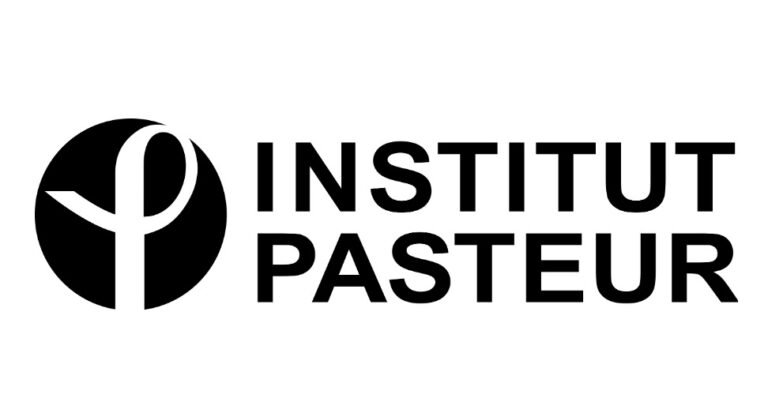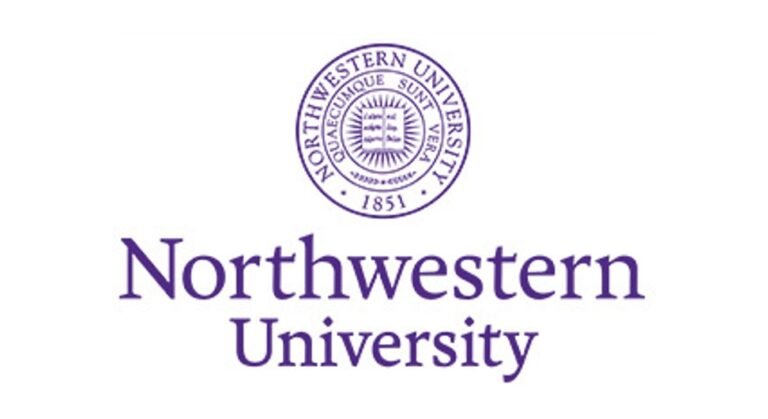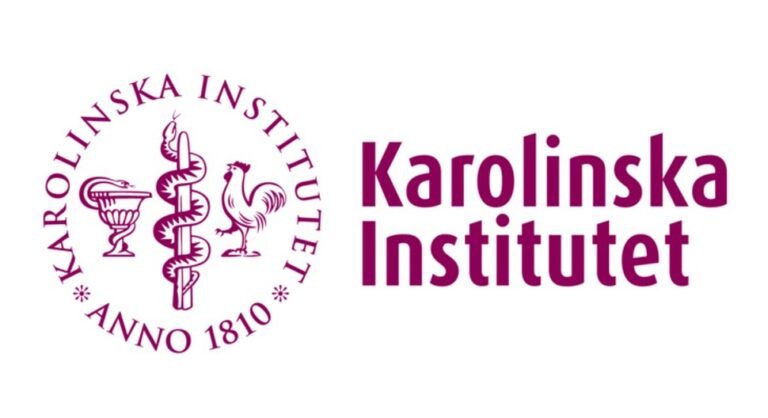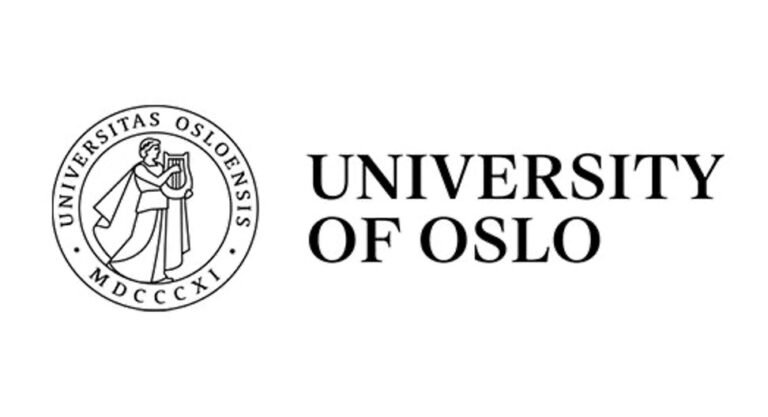Uncovering the machineries involved in cell division and elongation in archaea with a peptidoglycan cell wall
A 3-year postdoctoral position is available in the group “Evolutionary Biology of the Microbial Cell” headed by Professor Simonetta Gribaldo at the Department of Microbiology, Institut Pasteur, Paris, France (https://research.pasteur.fr/en/team/evolutionary-biology-of-the-microbial-cell/).
Project
In Bacteria, peptidoglycan (PG) is a fundamental and universal component of the envelope and driving morphology, growth, and division. In contrast, PG is generally absent in Archaea, apart from a clade harboring a cell wall made of pseudomurein (archaeal PG), which structurally resembles its bacterial counterpart, but it is chemically distinct. How a PG cell wall emerged in Archaea and what were the consequences at the cellular level are fascinating open questions.
Intriguingly, apart from a few homologues of the first steps in PG synthesis (Mur) and some cytoskeleton elements (FtsZ, SepF, MreB), PG-walled archaea lack most components of the bacterial elongasome and divisome (e.g., MreB-associated proteins, PBPs, hydrolases, regulators). This indicates the existence of substantially novel machineries that await to be discovered.
The project aims at identifying and characterizing the components involved in elongation and division in archaea with a PG cell wall. The candidate will use our two experimental models: Methanobrevibacter smithii, an ovococcoid and the main species of methanogens from the human gut, and Methanothermobacter thermautotrophicus, a genetically tractable rod-shaped environmental relative.
One axis of the project focuses on the candidates already identified and will involve the construction of mutants and their phenotypic characterization (phase contrast, fluorescence microscopy, protein-protein interaction). The second axis will aim at discovering new components using diverse approaches (transposon mutagenesis screens, protein pulldowns, bacterial two hybrid).
The results obtained in the frame of the project will provide seminal new data on a largely understudied area of investigation, with a high component of discovery and strong impact on the rapidly expanding field of archaeal cell biology. Ultimately, they will lead to understand how PG evolved in Archaea and what are its links with bacterial PG.
Profile
Applicants should hold (or expect shortly) a PhD in Life Sciences and have a solid background in prokaryotic cell biology, including molecular biology, microbial genetics, or microscopy. Previous work on Archaea is not mandatory and we welcome applicants with experience with bacterial division and elongation studies.
All the necessary training to work with methanogens is provided by the lab. Previous experience with sequence analysis is a plus, but also not strictly necessary, and all members of the group are welcome to learn through formation either by our staff bioinformaticians or attending frequent classes at Institut Pasteur.
Environment
The successful candidate will join an international and highly interdisciplinary team working on large-scale evolution of Bacteria and Archaea, with a strong focus on the cell envelope. Our research merges in silico analysis and wet lab approaches using diverse experimental models. The group has all the equipment and expertise to grow and manipulate archaeal methanogens. Several additional lines of research are ongoing in the lab focusing on their evolution, diversity, and biology.
Our second main axis is the evolution of the bacterial envelope, which we investigate using the diderm Firmicute Veillonella parvula. The postdoctoral candidate will therefore be exposed to a wide range of topics with multiple opportunities to learn different techniques.
The Institute Pasteur is in located in center Paris and provides state-of-the-art technology with its multiple technical platforms and several groups working on the cell envelope and diverse bacterial models. Full administrative support is provided to foreign candidates (help with visa, accommodation, social security, transport).
Application details
The position should ideally start before January 2025. Funding is available for 3 years, and we encourage candidates to apply to prestigious postdoctoral international fellowships.
Applications should be sent to simonetta.gribaldo(at)pasteur.fr and include a full CV and motivation letter, as well as the names of two referents.
References
- Pende N, Sogues A, Megrian D, Sartori-Rupp A, England P, Palabikyan H, Rittmann SKR, Graña M, Wehenkel AM, Alzari PM, Gribaldo S (2021) SepF is the FtsZ anchor in archaea, with features of an ancestral cell division system. Nat Commun 4;12(1):3214
- Ithurbide S, Gribaldo S, Albers SV, Pende N (2022). Spotlight on FtsZ-based cell division in Archaea. Trends Microbiol 30(7):665-678
- Van Wolferen M, Pulschen A, Baum B, Gribaldo S, Albers SV (2022) The Cell Biology of Archaea. Nat Microbiol 7(11):1744-1755






